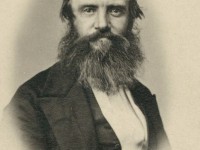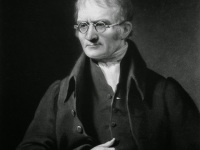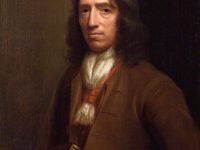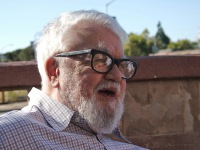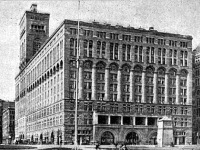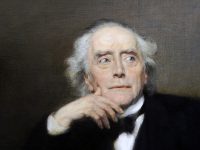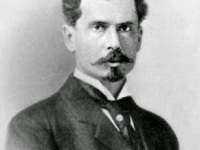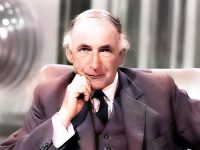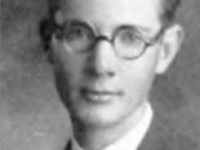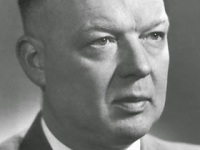John McDouall Stuart and the Exploration of Australia’s Mainland
On September 7, 1815, Scottish explorer John McDouall Stuart was born. McDouall Stuart became known as one of the most accomplished of all Australia‘s inland explorers. He led the first successful expedition to traverse the Australian mainland from south to north and return, through the centre of the continent. John McDouall Stuart – Early Years McDouall Stuart was born in Dysart near Kirkcaldy on the north side of the Firth of Forth, the…
Read more











